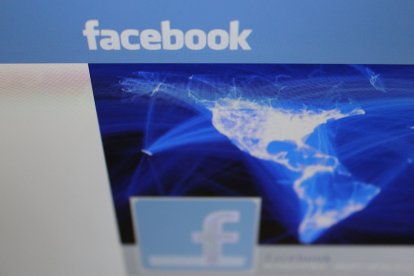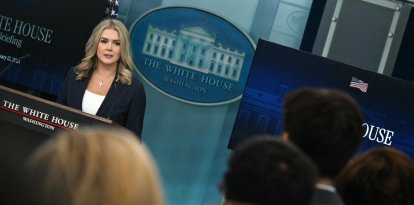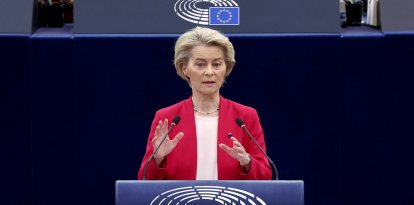Facebook and Twitter censor pro-Western content in the Middle East
Vladimir Putin is not alone in his censorship of critics of his foreign policy.

Facebook / Christopher (Flickr).
Facebook and Twitter have censored accounts with pro-Western messages. A report by Graphika shows that both social networks have removed content in the Middle East or Russia for having unclear provenance. Among the censored messages are criticisms of the invasion of Ukraine or China's policy towards the Uyghur minority.
Vladimir Putin is not alone in his censorship of critics of his foreign policy. You can count on the collaboration of Twitter and Meta. The former considered these pro-Western publications to be spam and manipulated its platform. The second denounced "inauthentic coordinated behavior" on the part of some organization about which it did not give the slightest detail. Meta said the origin of those posts was the United States, while Twitter pointed to the United Kingdom as well.
The Wall Street Journal, which has access to the study, mentions Jack Stubbs, Graphika's vice president of intelligence. According to Stubbs, "the activity represents the most extensive case to date of a covert influence operation promoting pro-Western narratives."
Anti-extremist or pro-human rights messages
According to the report, the content considered dangerous by the two social networks included anti-extremist messages or showed favorable opinions to Western policies. One of the contents criticized Russia's invasion of Ukraine. He also lamented Russia's relationship with the Taliban after they seized power. in Afghanistan.
They also criticized human rights abuses by Russia and China. These two countries consider the United States as the enemy. Among the censored content were several messages referring to the repression of the Uyghur minority in China. The authors of this content cited media outlets such as Voice of America and Radio Free Europe.
Graphika has not been able to identify who is behind these messages, whether it is the U.S. Government or a company that has contracts with it. In any case, the campaign had a very limited impact, according to the research agency.
Questioned platforms
Both Facebook and Twitter are under fire for their content moderation, or censorship, policies. Mike Zuckerberg has recently acknowledged that he censored news about Hunter Biden's computer at the FBI's direction. Recently, Meta has lent the Biden Administration a hand with the definition of inflation. Twitter censored Donald Trump in the midst of the 2020 election and banned the sharing of information about Hunter Biden.
RECOMMENDATION





















